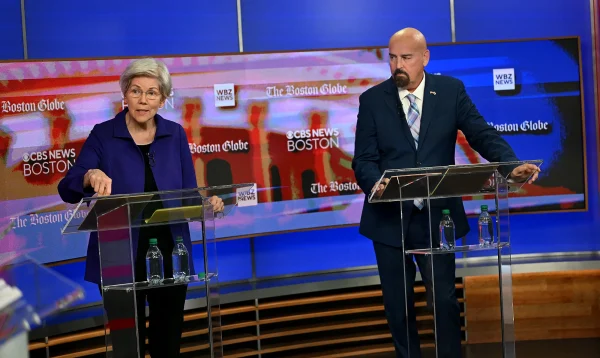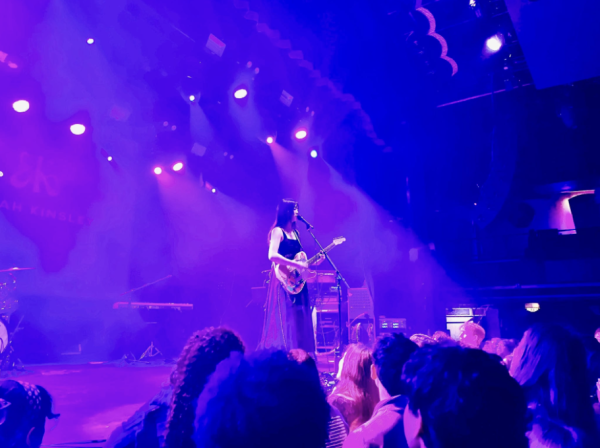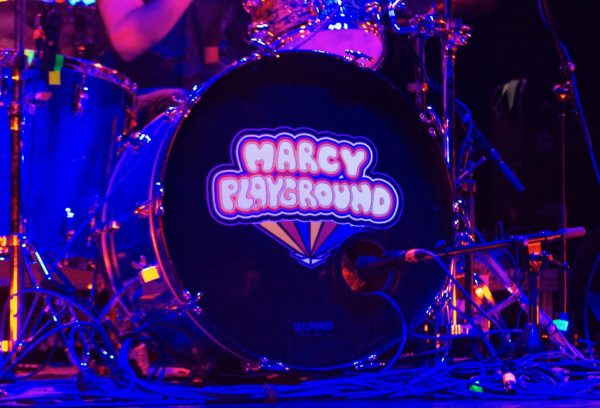Potluck Podcast: Healthy eating, social media and cultural identity
May 11, 2021
In 2019, Instagram introduced new guidelines which restricts posts promoting weight loss and cosmetic surgery from being visible to users under the age of 18. Additionally, any post that encourages the purchase of weight loss products via an affiliate link will be removed. These changes were meant to protect the platform’s users from harmful body image messaging and target products with misleading claims. However, many public figures continue to promote diet culture on Instagram under a different name – healthy and unhealthy.
Diet culture in 2021 looks like celebrities posting a plate of avocado toast, smoothies, and salads. As well as health and fitness influencers advocating that people buy organic over non-organic foods and following a keto diet that is high in fat and low in carbohydrates. While it may feel less sinister because it’s framed as health and wellness, it is still rooted in weight loss and thinness as the goal. Being constantly exposed to these ideal depictions of health can make us believe that there is only one way to eat healthily and be a source of guilt for individuals that don’t have the ability to do so.
This limited perspective of the types of foods included in a healthy diet also extends into the practice of dietetics. In December 2020, the New York Times published an article, “Is American Dietetics a White-Bread World? These Dietitians Think So”, which highlighted an important issue within the dietetics community – there is a lack of ethnic diversity among practitioners and there is a significant need for more culturally inclusive nutrition resources.
If both social media and nutrition resources are based on a eurocentric viewpoint, it might lead people who identify with an ethnic minority group to think that their cultural cuisine can’t be a part of a healthy diet.
Having gone through the nutrition and dietetics program and being an Asian-American, I felt responsible for adding to the conversation around eating healthily through the podcast. I wanted to bridge the gap between the ideal model and a more realistic and inclusive version of a healthy diet.
This first episode will discuss the current perception of healthy eating in America in relation to social media and one’s cultural identity. The conversation includes interviews with two experts in the dietetics field, Professor Norah Ismail and Dr. Urshila Sriram, as well as two of my friends, Syeda Kazmi and Vy Hoang.







